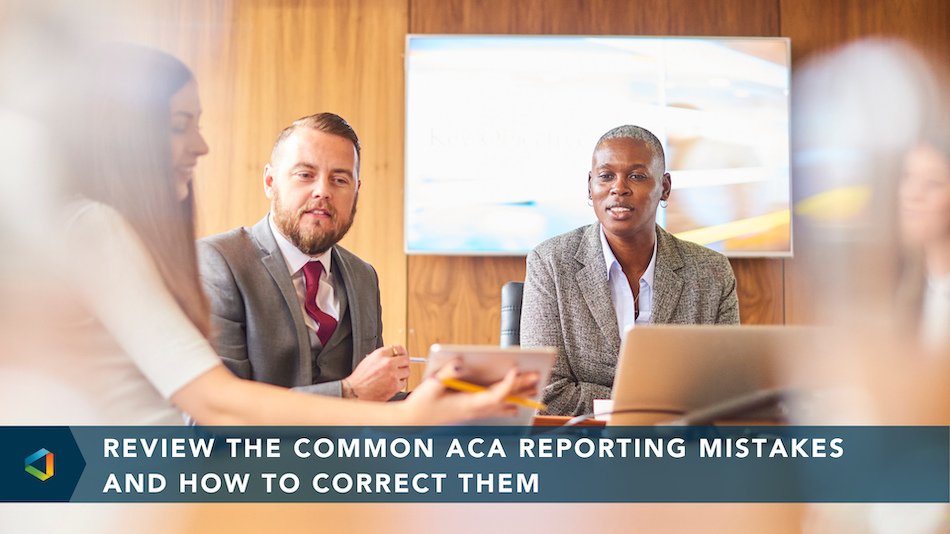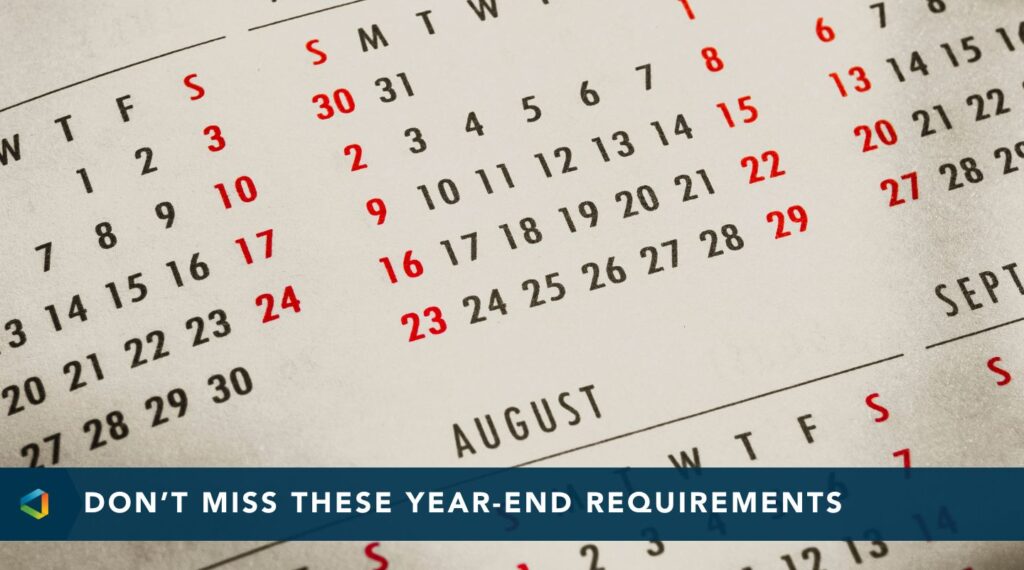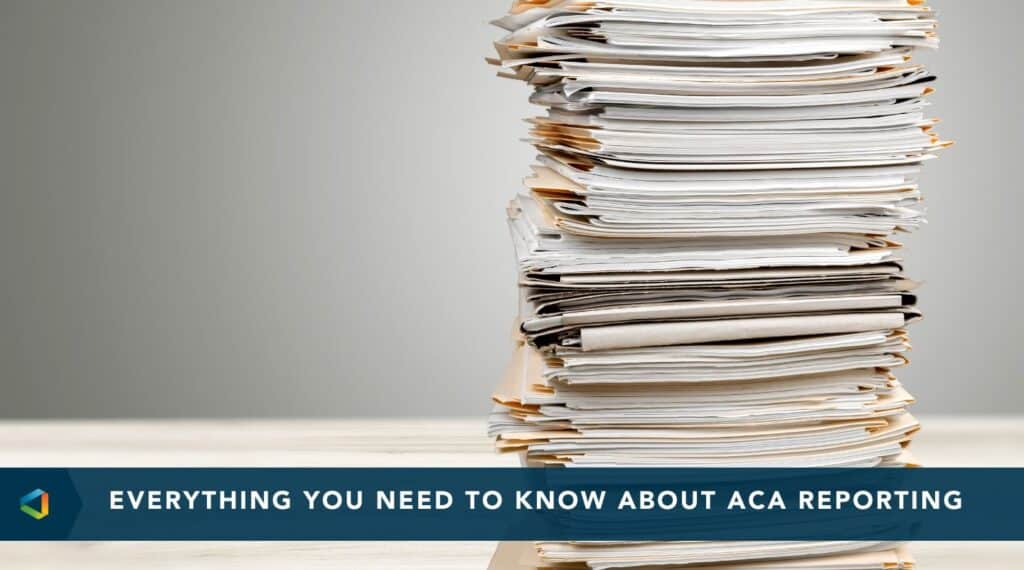Compliance Confidence
Final IRS Regulations Will Impact Tax Filings for Small Employers
Final IRS Regulations Will Impact Tax Filings for Small Employers
The new IRS final regulations will significantly impact the way small employers submit their tax filings. The final rule substantially expands mandatory electronic filing of information returns by establishing a lower threshold for certain types of returns from 250 returns to 10 returns.
Beginning in 2024, nearly all employers will now be required to electronically file various tax forms, including corporate tax returns, the Affordable Care Act (ACA) reporting requirements Sections 6055 and 6056 of the Internal Revenue Code.
How Will the Final Regulations Change Employer Filings?
Previously, an employer was not required to electronically file unless they hit the threshold of filing at least 250 of the same form. Aggregating the forms was also not required. So long as you were not filing more than 250 W-2s, for example, you could still submit paper filings even if the total of all forms submitted exceeds 250.
The final regulations establish lower thresholds for the electronic filing of the following employee benefit plan returns:
- ACA Reporting (Forms 1094-B/1095-B and Forms 1094-C/1095-C): Employers that file at least ten returns during the calendar year must file their ACA returns electronically, beginning with returns required to be filed during 2024. The final regulations require employers to aggregate most information returns, such as Form W-2 and 1099, to determine if they meet the ten-return threshold for mandatory electronic filing.
- Form 5330 (Return of Excise Taxes Related to Employee Benefit Plans): Employers must file this excise tax return electronically if they file at least ten returns of any type during the calendar year that Form 5330 is due. This new threshold applies to any Form 5330 that is required to be filed for taxable years ending on or after December 31, 2023.
Prepare Now
Employers that have been filing paper returns will want to start preparing now and consider how they will transition to electronic filing. If you have been filing on paper and want to continue to do so, it will be possible to obtain a waiver if you can establish undue hardship. The principal factor when determining undue hardship will be the difference in cost between filing on paper and filing electronically.
The IRS website has information on how to file electronic tax information safely. Often the deadlines for paper versus electronic filing are different, so employers should start planning any process changes now to ensure a new deadline is met.
Looking for more information about the ACA Shared Responsibility for Individuals provisions? Read: Complying With Various State Individual Health Care Mandates. For more information on how to ensure your organization remains compliant with new national and local regulations, visit OneDigital's Compliance Confidence page.
Share
Related News & Updates

Article
Guide to Correcting ACA Reporting Mistakes
12.27.2022

Article
IRS Issues Final Rule to Fix “Family Glitch”
10.12.2022


